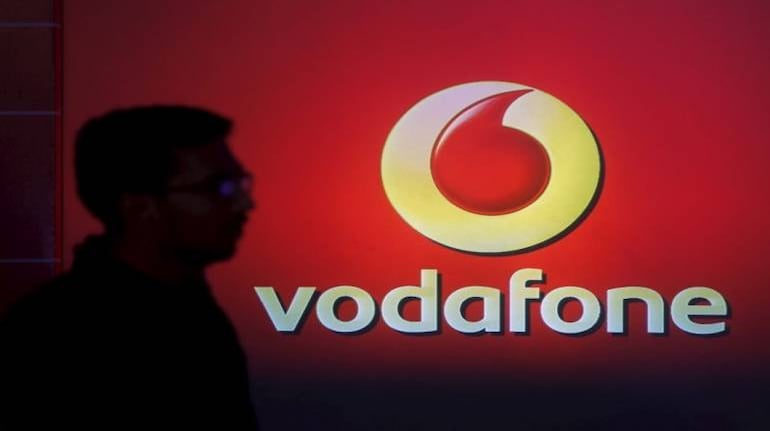
The government’s stance in this high-profile tax spat is crucial considering the controversial move by the Indian Parliament to retrospectively change its tax laws in 2012. The decision nullified Vodafone’s earlier victory at the Supreme Court and was criticised by global investors and MNCs batting for tax certainty.
Since the Modi regime took over in 2014, there has been no reversal of the retro tax laws, but it has repeatedly assured stakeholders that there will be no repeat of the unpopular step.
The Centre’s decision may also have ramifications on its approach in other, related international arbitration cases involving British oil energy explorer Cairn Energy Plc and mining major Vedanta Resources Plc, both of which have also been hit by the 2012 retro tax laws.
Vodafone's two-pronged arbitration attack
An arbitration is an alternative, private dispute resolution process outside the courts wherein one of more nominees decide on the dispute via an “arbitral award”.
The Delhi High Court order was passed on an earlier appeal filed by the Indian government which had challenged the British telecom giant’s right to invoke a second arbitration proceeding under the India-UK Bilateral Investment Treaty (BIT).
To be sure, Vodafone has initiated two arbitration proceedings against the Indian government – one under the India-Netherlands BIT and the other under the India-UK BIT. Vodafone’s international arbitration victory falls under the former.
On 25 September, the Permanent Court of Arbitration (PCA) at the Hague ruled in favour of the telco in its 13-year-old tax dispute with the Indian revenue authorities.
The PCA held that the Indian government’s insistence on the Rs 40,000 crore claim, despite the favourable verdict from the Supreme Court, was in breach of the terms of the BIT between India and the Netherlands.
It also held that Vodafone is entitled to fair and equitable treatment under the treaty.
India can challenge the award at the Singapore High Court within a period of 90 days ( from 25 September).
In view of the PCA award under the India-Netherlands treaty, the Delhi High Court also enquired about the fate of the parallel ongoing proceedings before it under the India-UK treaty.
“We have nevertheless enquired from the counsel for Union of India (UOI), whether not in view of the developments since the last date of hearing, the suit from which these appeals arise, has become infructuous,” its order said.
“If India accepts the award and ‘ceases and desists’ from enforcing the tax demand, then the second BIT under the India-UK pact seeking the same relief will become infructuous and accordingly the relief sought by the government of India for stay of the India-UK BIT will also become infructuous,” explained Sachit Jolly, partner at law firm DMD Advocates, which advised Vodafone at the PCA.
How did this epic tax battle being?
Discover the latest Business News, Sensex, and Nifty updates. Obtain Personal Finance insights, tax queries, and expert opinions on Moneycontrol or download the Moneycontrol App to stay updated!
Find the best of Al News in one place, specially curated for you every weekend.
Stay on top of the latest tech trends and biggest startup news.